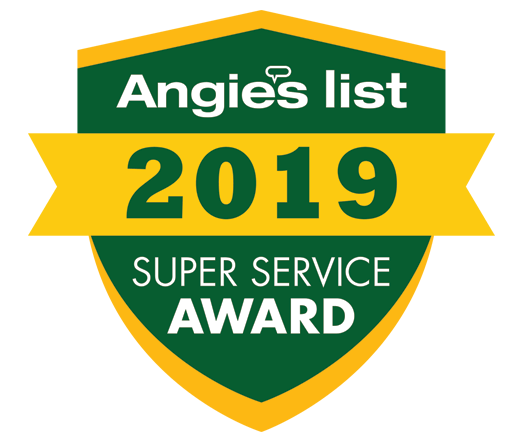
Breakdown of Moving Terminology
Moving is stressful enough without having to decipher confusing industry lingo. Still, unusual moving terms and acronyms are popular among moving companies who use it as shorthand to communicate with other moving and transportation professionals. At USA Family Moving, we value transparent communication with our clients. So, our St. Paul – Minneapolis movers break down common industry terms.
- Accessorial Services – Also called Additional Services, these are services that are charged in addition to the transportation costs. These can include packing, unpacking, furniture disassembly, appliance servicing, assembly, piano stair carriers, extra stops, etc. You can request for these extra services or they may be required by your landlord.
- Advanced Charges – These are charges for services not performed by the mover. Instead, the services are done by another professional, craftsman, or third party at your request or required by your landlord. These can include appliance servicemen, crating specialists, etc. The charges will be paid by your St. Paul – Minneapolis movers and then added to your bill of lading charges.
- Bill of Lading – This important document serves as a contract between you and your St. Paul – Minneapolis movers. It is your receipt for goods and contract transportation. Read over this document and understand it before signing. Your signature allows your household belongings to be loaded into a moving truck and released to your carrier.
- Binding or Non-Binding Estimate – With a binding estimate, your St. Paul – Minneapolis movers guarantee your total moving costs based on the quantity of your items and services included in the estimate. You will only pay the amount you agreed to regardless if the actual cost of your move was lower or higher than what was on the estimate. With a non-binding estimate, you will pay the actual cost of your move.
- Bulky Article – Items that are considered “bulky” may result in extra transportation charges depending on your moving company. Bulky items typically require extra handling and protection to ensure safe transportation. These include big screen TVs, grandfather clocks, hot tubs, motorcycles, riding lawn mowers, etc.
- Carrier – The movers providing transportation of your belongings. If your St. Paul – Minneapolis movers are providing interstate transportation, they must be registered under the U.S. Department of Transportation and be assigned a USDOT number (which much be visible on all their moving vehicles).
- COD – Standing for Cash on Delivery, this means you agree to pay all moving costs at the time of delivery. Your payment is required in cash or by money order, traveler’s check, or cashier’s check. Personal checks are not accepted. If you plan to pay with a credit card, authorization is required before your items are loaded.
- COI – A Certificate of Insurance gives proof of insurance to commercial and residential buildings (typically apartment complexes or high rises) in case the property suffers damages during a move. This certificate is usually required by your landlord or property manager before they allow your St. Paul – Minneapolis movers to work on the premises.
- DOT – This denotes the U.S. Department of Transportation. Interstate carriers must be registered under this department and are assigned a license number referred to as their USDOT number.
- High-Value Article Inventory Form – Your St. Paul – Minneapolis movers will have you fill out this form to list all your items that are valued at more than $100 per pound. This allows your movers to ensure these valuable possessions are protected accordingly.
- Non-Allowable List – This is the list of prohibited items, items that your movers will not load onto their trucks and transport. These items are typically hazardous, perishable, or could cause damage to other items. If you are packing by yourself, be sure to request this list from your St. Paul – Minneapolis movers beforehand.
- Overflow – This term encompasses all the items that could not fit into the primary moving truck due to insufficient space and still need to be transported. Additional moving vehicles will have to be utilized to deliver these items to their designated destination.
- PBO – This means Packed by Owner and encompasses all household goods packed by the client. Remember, your movers are not liable for any damages that occur to items you pack by yourself.
- SIT – Meaning Storage-in-Transit, this service is offered by some moving companies and provides you temporary storage of your belongings. Your stuff will be stored for up to 180 days in your mover’s warehouse until they get transported at a later date.
To learn more about moving terminology or request a free no obligation quote, contact the moving experts at USA Family today!








